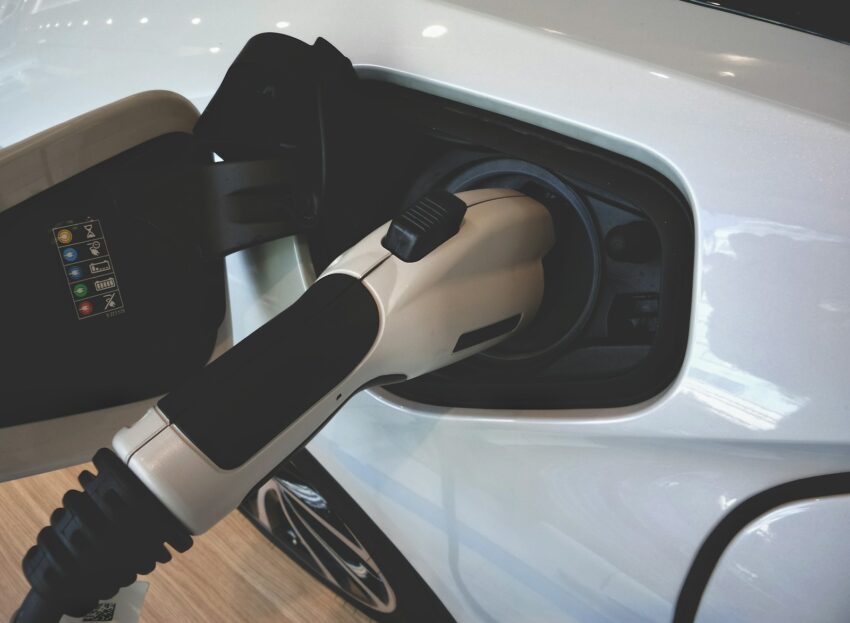Electric vehicle (EV) shoppers are often concerned about battery health and longevity. After all, batteries are a major expense, and their condition can significantly impact an EV’s range and overall value. However, a new study by Recurrent offers some reassurance: battery replacements in used EVs are still uncommon.
Recurrent, a company specialising in used EV data, analysed battery replacements within its community of over 20,000 electric cars. The findings? Only 2.5% of all EVs, regardless of make or model year, have required a battery replacement outside of major recalls. This number is slightly higher than last year, but solely due to ageing vehicles.

The data is particularly positive for newer EVs. Battery replacements for cars from 2016 and onwards sit at a mere 1%. This low rate can be attributed to two factors: firstly, larger battery packs in newer EVs can tolerate more capacity loss before needing replacement. Secondly, advancements in battery management and thermal systems are contributing to improved battery health and lifespan.
Unsurprisingly, the highest replacement rates were observed in the earliest generation EVs, now around 14 years old. However, even for these pioneers, the replacement rate sits at a relatively low 13%.
The study also highlights the importance of manufacturer warranties. Most battery replacements in newer EVs are covered under warranty, protecting owners from unexpected repair costs. This is especially true for brand new models, where manufacturers may still be ironing out minor wiring or hardware issues.
So, what does this mean for used EV shoppers? The good news is that battery replacements seem to be a rare occurrence, particularly for newer models. However, it’s still wise to be mindful of the battery’s health when evaluating a used EV. Recurrent offers resources to help potential buyers understand the battery replacement process and associated costs.

Looking ahead, the future of EV batteries appears bright. As technology continues to evolve, we can expect even longer lifespans with minimal degradation. The concept of a million-mile battery might not be as far-fetched as it once seemed.
The study also touches on the topic of “second life” for used EV batteries. Even batteries no longer suitable for powering cars can still find a purpose in stationary energy storage applications. This sustainable approach offers a solution for battery disposal while maximising their overall lifespan.





